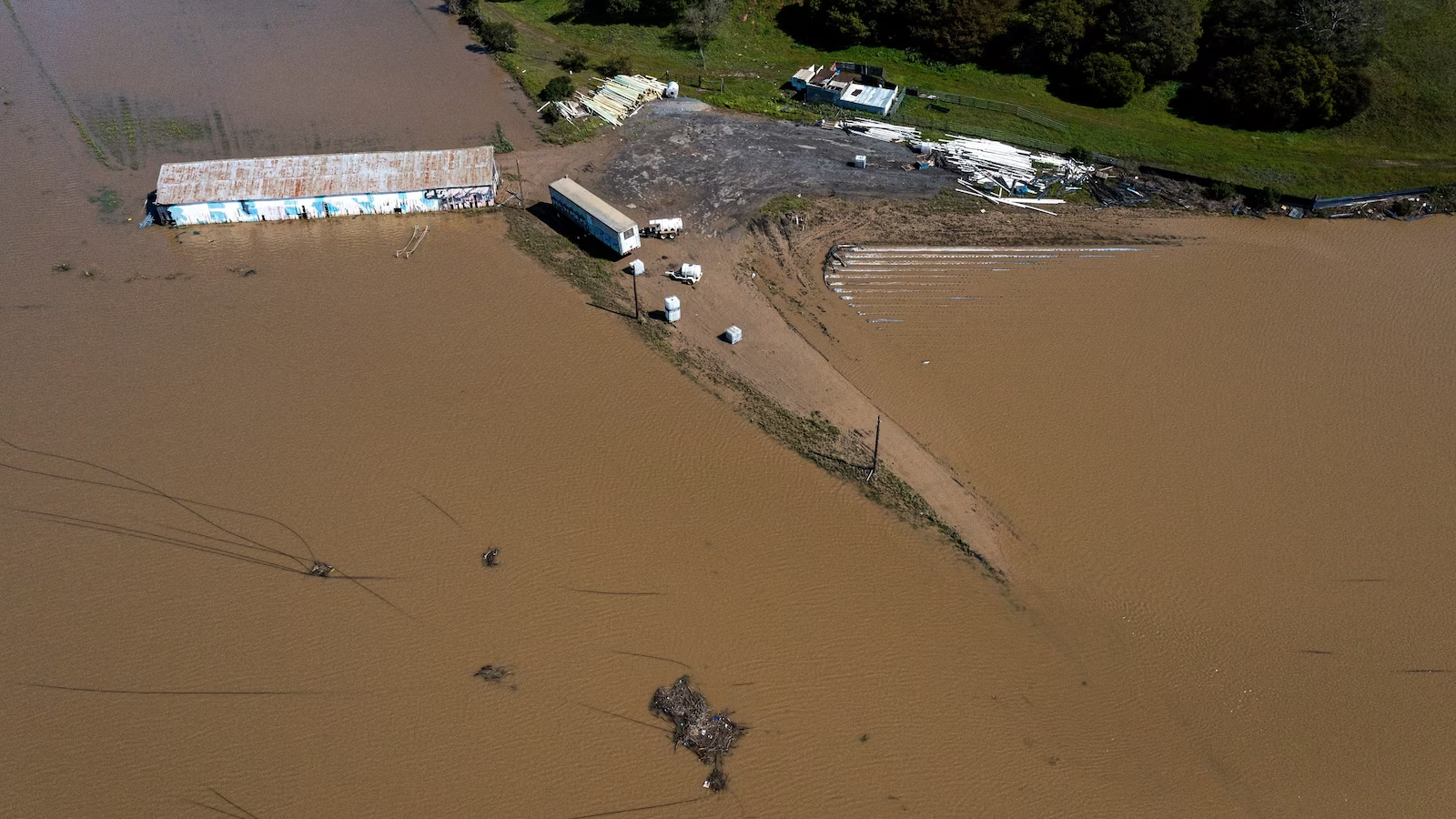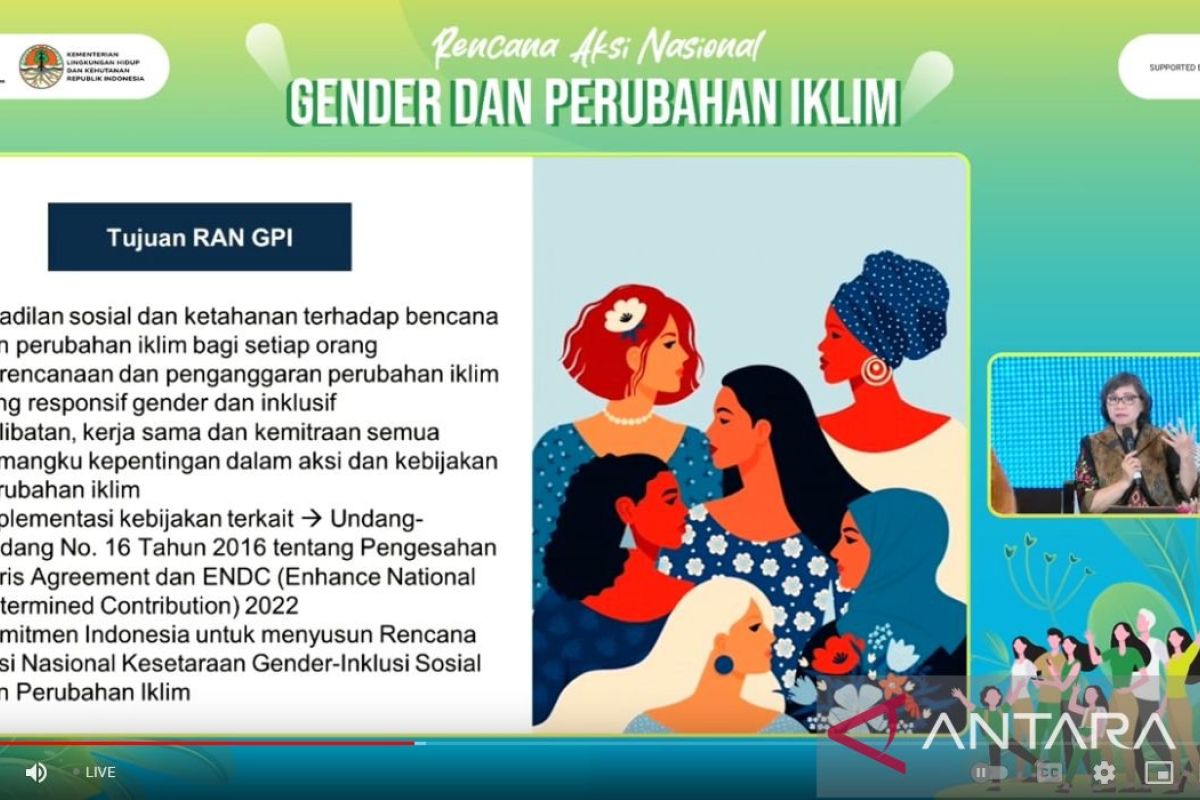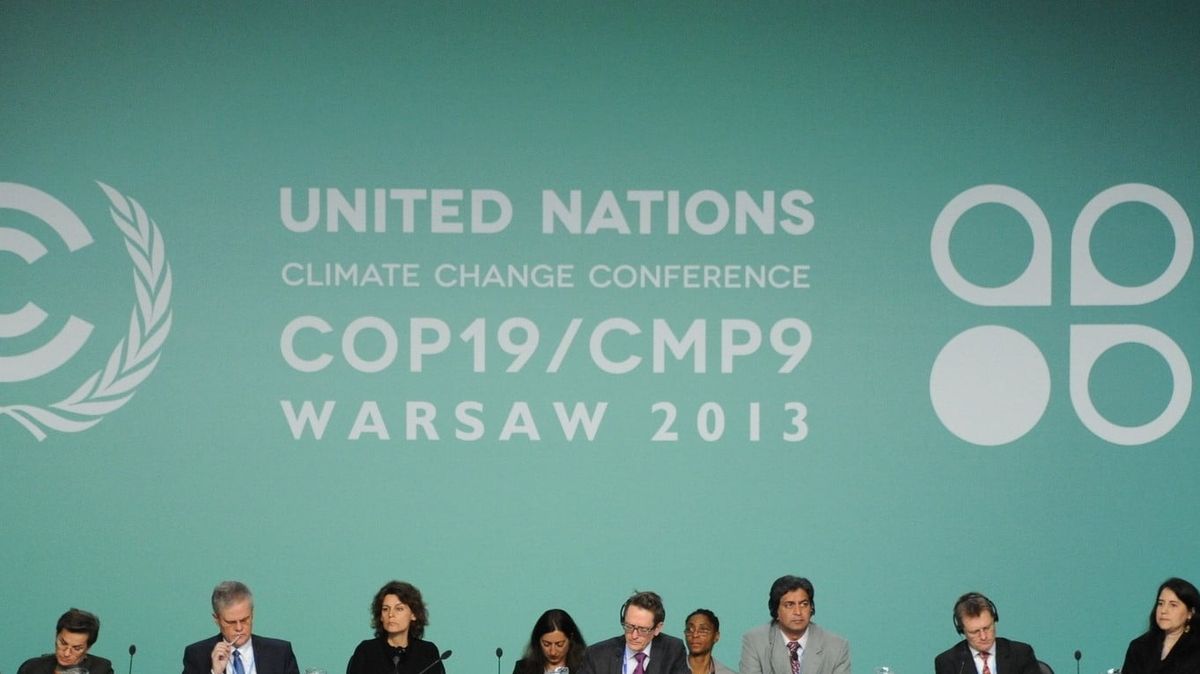




Sri Lanka and Pakistan are both grappling with the impacts of climate change and the vulnerabilities of their coastal communities. Sri Lanka, a country vulnerable to climate change, experiences significant annual disaster losses. The Climate Resilient Integrated Water Management Project (CRIWMP) in Sri Lanka focuses on strengthening climate and hydrological observation and forecasting systems to improve water management and the adaptive capacity of smallholder farmers. By providing accurate weather forecasts and localized agro-meteorological advisories, the project helps farmers plan their agricultural activities and mitigate risks. The CRIWMP model brings together national and local agencies, including the Department of Meteorology and the Disaster Management Center, to disseminate customized climate information to communities. The project has been successful in increasing crop yields and income for farmers. Similarly, in Pakistan, a research study was conducted to assess the vulnerabilities and capacities of coastal communities in the districts of Malir and Thatta in Sindh province. The study aimed to understand the impacts of climate change on these communities and formulate a community adaptation plan. Field surveys, focus group discussions, questionnaire surveys, and key informant interviews were conducted to gather data from the communities. The study identified key findings and made recommendations in the form of a community adaptation plan. Both Sri Lanka and Pakistan are taking proactive measures to enhance disaster risk reduction and build resilience to climate-related hazards. By centering risk-informed development and implementing innovative solutions like the CRIWMP model and community adaptation plans, these countries are addressing underlying disaster risk drivers and working towards a more climate-resilient future. [9da934b4], [ba232e3b], [b6f49096], [e5d16469]
The Warsaw International Mechanism for Loss and Damage (WIM) plays a crucial role in climate justice. Established at COP19 in Warsaw, Poland, the WIM focuses on addressing the vulnerabilities of developing countries to climate change. Its core mandate includes enhancing knowledge, fostering dialogue, and promoting action and support to mitigate the adverse effects of climate change. The WIM aims to equip vulnerable nations with tools to confront extreme weather events and slow onset processes. However, the WIM faces challenges in climate finance, technology transfer, capacity-building, and integrating climate change and migration policies. Despite these challenges, the establishment of the WIM under the UNFCCC framework is a significant step towards acknowledging and addressing the disproportionate impact of climate change on developing countries. The success of the WIM depends on fostering global solidarity and inspiring collective action to protect vulnerable communities from climate change threats. [9da934b4], [ba232e3b], [b6f49096], [e5d16469]
In addition to international mechanisms like the WIM, national governments are also taking action to address climate change and promote social justice. The Ministry of Women’s Empowerment and Child Protection in Indonesia recently launched the Gender and Climate Change National Action Plan (RAN GPI). The action plan aims to create climate change planning and budgeting that are gender-responsive and inclusive. It recognizes that climate change worsens inequalities faced by women due to traditional gender roles, limited access to resources, limited mobility, women living in poor areas, and the social consequences of policies. The RAN GPI emphasizes the importance of involvement, cooperation, and partnership of all stakeholders in climate change action and policies. Realizing gender equality is seen as essential to face the challenges of climate change impacts. This initiative is part of Indonesia's efforts to address gender inequality, as reflected in the Gender Inequality Index (GII) value, which stood at 0.439 in 2022, a decline from the value in 2021, namely 0.443. By integrating gender-responsive approaches into climate change action plans, countries like Indonesia are working towards a more just and equitable response to the impacts of climate change. [9da934b4], [ba232e3b], [b6f49096], [e5d16469]
Women and girls are disproportionately affected by climate change, facing unequal access to resources such as food, water, health, education, and income. A new report from the Food and Agriculture Organization of the United Nations (FAO) found that climate change has a disproportionate impact on the incomes of rural women, people living in poverty, and older populations. The report also highlighted that female heads of households in rural areas suffer significantly greater financial losses annually than men. Women often have less access to resources such as land, credit, and education, which are essential for adapting to and mitigating the effects of climate change. Legal aid and gender-sensitive climate laws are needed to protect women's rights and enable them to access climate justice. More research and data collection are necessary to understand the specific impacts of climate change on women and girls. Gender-responsive climate policies are crucial for achieving gender equality and closing implementation gaps. [65d0c61f]
Climate change has disproportionately impacted vulnerable communities in the US, particularly immigrant and ethnic minority communities. These communities are often on the frontline of extreme weather events such as wildfires, extreme heat, and flooding. They face challenges in preparing for and recovering from these events due to lack of critical infrastructure, affordable housing, and language barriers. The communities of Pajaro, California; Nashville, Tennessee; and Lahaina, Maui have been adversely affected by climate change in recent years. These communities have experienced slow recovery processes, lack of resources, and emotional trauma. Efforts are being made to provide support, build resilience, and invest in infrastructure to protect these communities from future climate impacts. [559e101d]